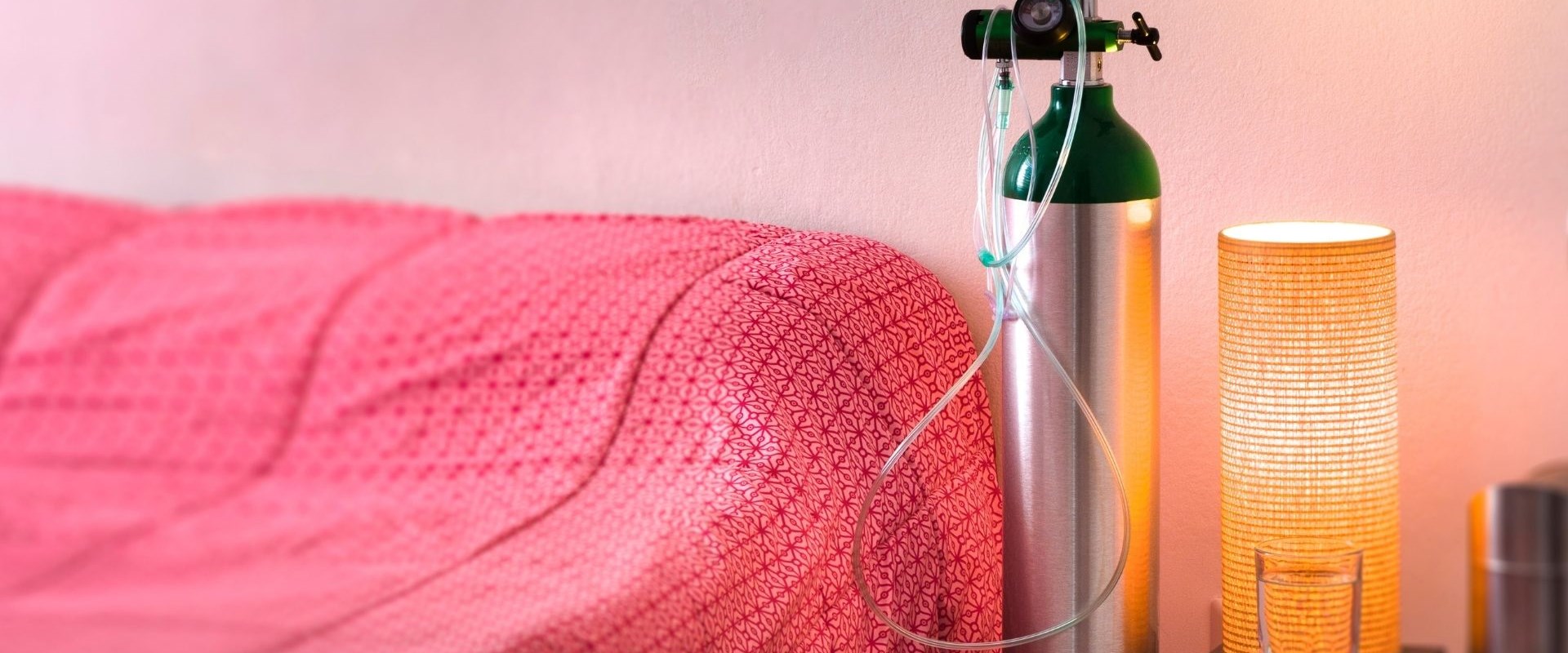
Home Oxygen and Fire Safety
If the person you are caring for uses medical oxygen, it is vital that they understand the fire risk associated with introducing an ignition source close to their oxygen or in an oxygen enriched environment. Talk to them about the associated fire safety advice, especially staying away from smoking materials, naked flames and open fires.
If you are benefitting from oxygen therapy in your home, please follow the important advice listed below to help keep yourself safe from fire:
-
Never smoke, or let anyone else smoke near you, when using your oxygen equipment. Never smoke in bed.
-
Never cook with gas or an open flame while using your oxygen equipment.
-
Never use oxygen equipment near open fires or naked flames.
-
Never charge or use any electrical appliances, such as electric razors, hairdryers or electronic cigarettes, whilst using your oxygen equipment.
Oxygen will remain in clothing for up to 20 minutes after the oxygen equipment has been turned off. Make sure you ventilate your clothing in the open air for at least 20 minutes before smoking or going near an open flame or source of ignition.
-
Never remove or tamper with the firebreaks in the tubing. A firebreak is an important safety device fitted within the tubing attached to the oxygen equipment.
-
Ensure the oxygen equipment is stored in a well-ventilated area, kept clean, dry and away from any heat sources, e.g. gas or electric fires and cookers.
-
Make sure you understand how to use your oxygen equipment.
-
Turn off your oxygen equipment when not in use.
For further information or advice regarding your oxygen equipment contact your supplier.
Additional advice:
-
Take extra care when oxygen tubing is trailing behind you and around your feet. Extra care is needed when moving around the home, especially on staircases.
-
Ensure the oxygen tubing does not pass close to naked flames including gas fires, gas cookers and candles, or hot items such as electric cookers and electric heaters.
-
If a paraffin-based or paraffin-free emollient products, such as creams, get onto fabrics, the dried residue will make the fabric more flammable. If there is any risk that your clothes, bedding or bandages are contaminated with emollient residue don't smoke, or go near naked flames, smoking materials, cookers, heaters or other ignition sources.